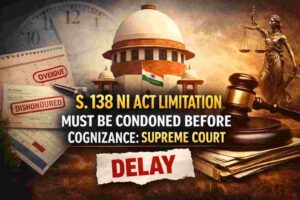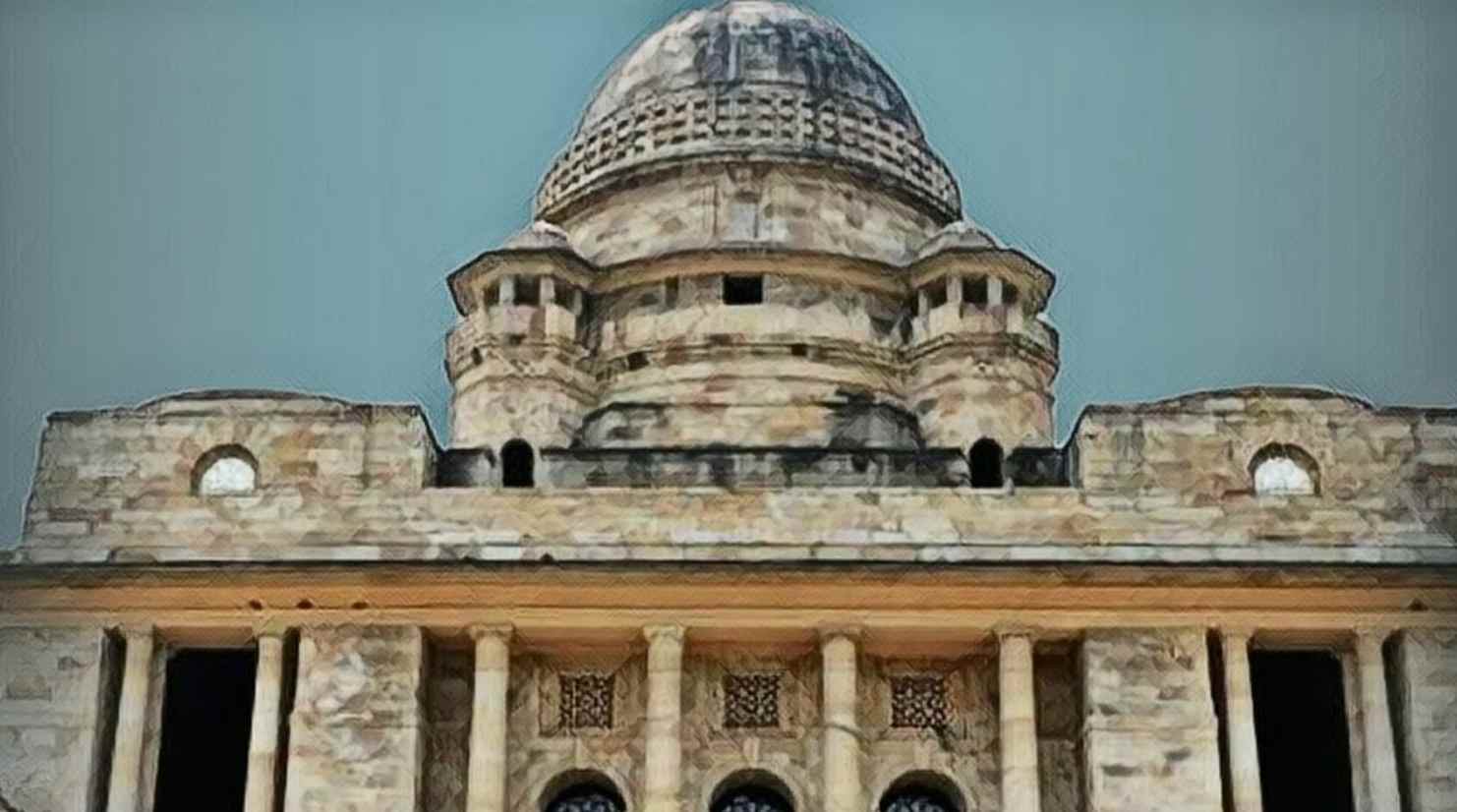The Nagpur Bench of the Bombay High Court has held that insolvency proceedings under the Insolvency and Bankruptcy Code (IBC) do not protect company directors from criminal prosecution for dishonoured cheques under Section 138 of the Negotiable Instruments Act, 1881 (NI Act).
Justice MM Nerlikar, delivering the verdict on October 1, clarified that while the corporate debtor enjoys certain protections during insolvency or liquidation, the liability of directors and authorised signatories of the company is personal and continues irrespective of the company’s insolvency status.
“The Directors of the Company remain liable under Section 138 of the NI Act, even if the Company’s debt is resolved under the IB Code,”
the Court observed.
The Court emphasised that the statutory protection provided under Section 32A of the IBC applies only to the corporate debtor and not to individuals responsible for issuing dishonoured cheques.
Background of the Case
The case stems from a loan transaction between Ortho Relief Hospital and Research Centre, Nagpur, and M/s Anand Distilleries.
In October 2015, the distillery, through its directors Abhaykumar and Anandkumar Bhambore, borrowed ₹15 lakh from the hospital and issued a post-dated cheque as security. Initially, interest at 18% per annum was paid, but payments stopped by January 2018.
In February 2018, insolvency proceedings were initiated against Anand Distilleries by Punjab National Bank before the NCLT, leading to the appointment of an Interim Resolution Professional.
Despite the moratorium under Section 14 of the IBC, the directors reportedly assured the hospital that operations would resume and advised presenting the cheque. When presented in December 2018, the cheque bounced due to “insufficient funds.”
A statutory demand notice was issued in January 2019, but as no payment followed, the hospital filed a complaint in February 2019 under Section 138 NI Act along with charges under Sections 406 and 420 of the IPC.
In January 2025, the trial court in Nagpur discharged the directors, ruling that the complaint was not maintainable during ongoing IBC proceedings.
High Court’s Findings
Setting aside the trial court’s order, Justice Nerlikar underscored that cheque dishonour proceedings are criminal in nature and cannot be equated with debt recovery actions under the IBC.
“The proceedings under Section 138 of the NI Act are penal in nature, aimed at maintaining the integrity of commercial transactions,”
the Court stated.
Relying on Supreme Court precedents such as P Mohanraj v. Shah Brothers Ispat Pvt Ltd, Ajay Goenka v. TFCI, Narinder Garg v. Kotak Mahindra Bank, and Rakesh Bhanot v. Gurdas Agro Pvt Ltd, the Court reiterated that the IBC moratorium does not bar prosecution of company directors for cheque dishonour.
It further clarified that once the statutory cause of action under Section 138 arises—through dishonour of a cheque and failure to pay after due notice—directors cannot escape criminal liability by citing the company’s subsequent liquidation.
Outcome
Allowing the petition filed by Ortho Relief Hospital, the High Court quashed the trial court’s discharge order and restored the complaint for further prosecution.
Justice Nerlikar criticised the trial court for failing to appreciate settled law:
“The Court below has lost sight of the fact that the Supreme Court has already settled this issue … and therefore committed a gross error in discharging the accused.”
Advocate SS Dewani appeared for the petitioner, while SD Khati represented the respondents.
The ruling reaffirms that company directors cannot use insolvency proceedings as a shield against prosecution for dishonoured cheques, thereby strengthening accountability in commercial transactions.
Follow The Legal QnA For More Updates…















